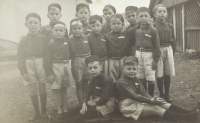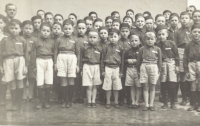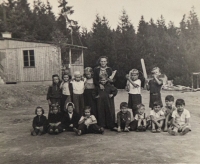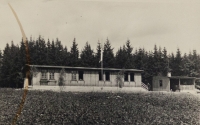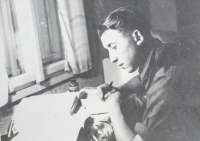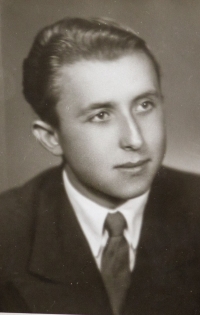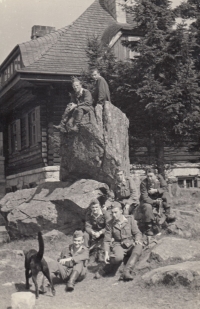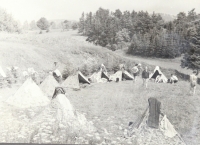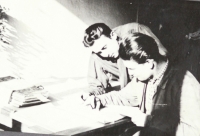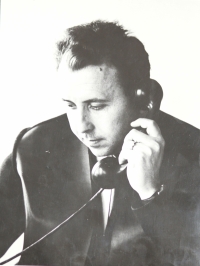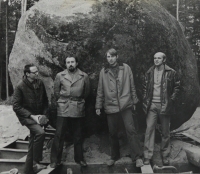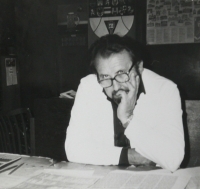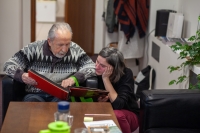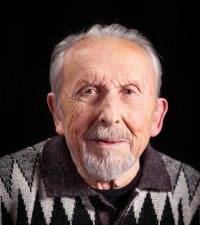They thought they were dropping leaflets, but they were bombs
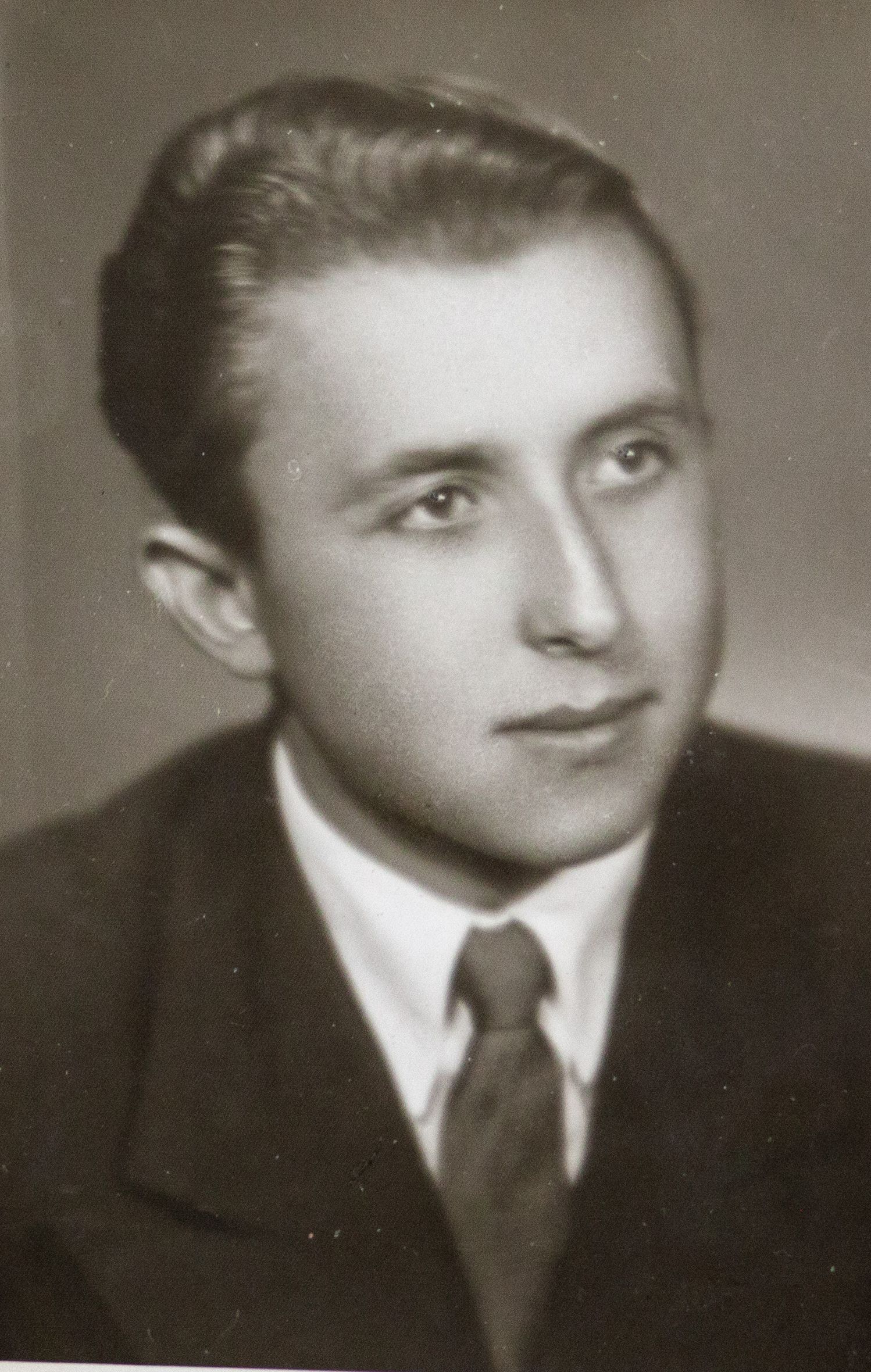
Download image
Jiří Kuboušek was born on 20 March 1933 as the second child of Maria and Václav Kuboušek in České Budějovice. His father worked as a postal clerk. His mother took care of the household and grew vegetables for sale in the large garden. At the age of five he became a member of Sokol. His father had to be interrogated by the Gestapo during the war. He experienced the great bombing of České Budějovice on 23 and 24 March 1945. In May 1945 he witnessed the arrival of American and Russian troops in České Budějovice. He participated in the XI All-Sokol Meeting in Prague in 1948. He describes the change of atmosphere in the Sokol movement in the second half of the 1940s. After graduating from high school, he started a two-year extension course at the Secondary Industrial School of Construction. In 1965 he graduated from the Czech Technical University. He then worked as a civil engineer in several companies in České Budějovice. He witnessed the arrival of Warsaw Pact troops in České Budějovice. He did not sign a consent for the arrival of Warsaw Pact troops during the vetting after 1968. Although he was offered membership in the Communist Party of Czechoslovakia every year at work from the early 1970s until 1989, he never joined the party. At the time of filming (2023), Jiří Kuboušek lived in České Budějovice.


